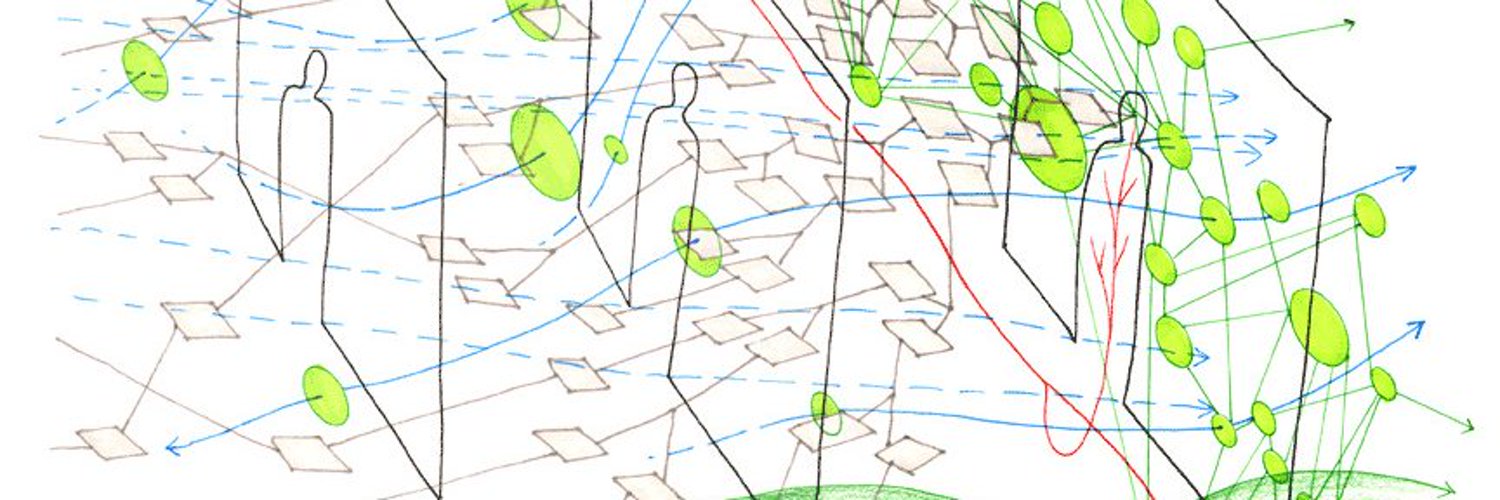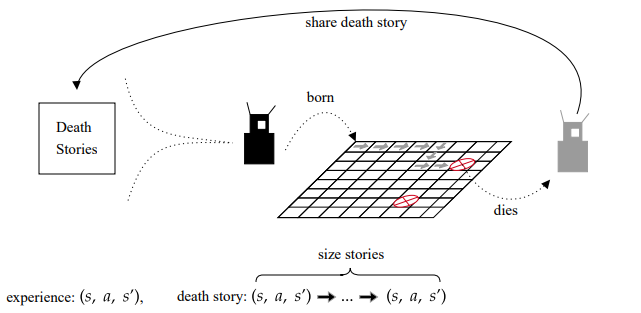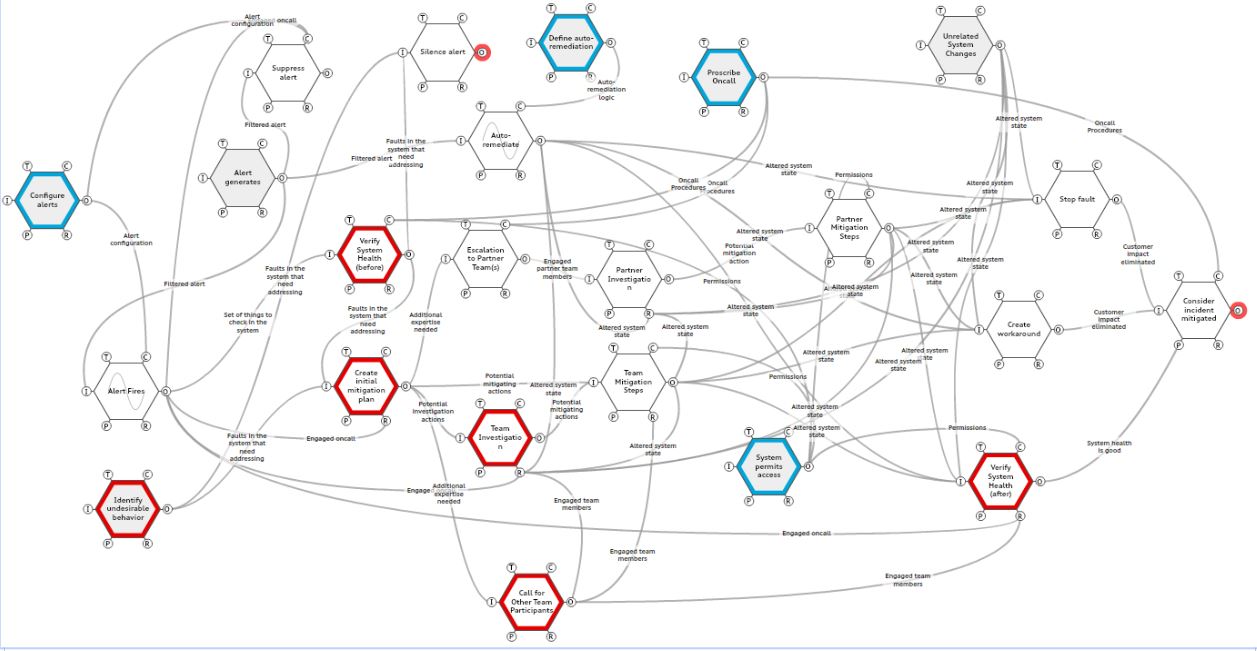About me
I’m an Incident Analyst at Indeed Technologies Japan, a PhD student at The University of Tokyo under Takashi Ikegami, and external researcher at Cross Labs. I’m also an independent author, musician, artist, and developer. Most importantly, I’m a husband, father, and disciple of Jesus Christ.
My research focuses on computational approaches to collective intelligence, complex adaptive systems, and practical applications of bio-inspired computing. I develop novel methodologies that bridge theoretical understanding with real-world problem solving in areas including reservoir computing, artificial life, cultural evolution, decision making under uncertainty, and resilience analysis.
Collective Behavior Systems for Computational Tasks
 I’m developing novel computational approaches using collective behavior systems, particularly focusing on swarm-based reservoir computing architectures. This work explores how emergent dynamics in multi-agent systems can be harnessed for machine learning tasks, creating bio-inspired computational substrates that exhibit rich temporal dynamics and memory properties. The research combines theory from artificial life with practical applications in time-series prediction, pattern recognition, and adaptive computation.
I’m developing novel computational approaches using collective behavior systems, particularly focusing on swarm-based reservoir computing architectures. This work explores how emergent dynamics in multi-agent systems can be harnessed for machine learning tasks, creating bio-inspired computational substrates that exhibit rich temporal dynamics and memory properties. The research combines theory from artificial life with practical applications in time-series prediction, pattern recognition, and adaptive computation.
Evolvability and Meta-Evolution
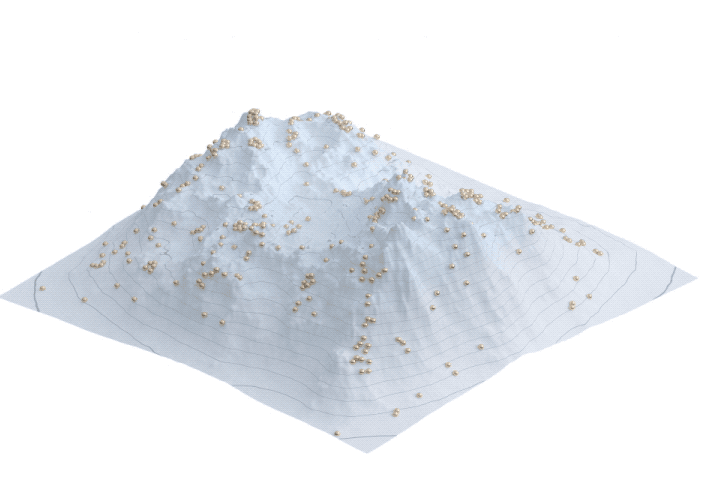
A fitness landscape, created by Baku_89
The study of life is very often tied to the study of evolution and by association the study of fitness. Creatures which more successfully survive and reproduce give rise to progeny which follow suit - up to certain limits. Changes in the environment may make populations which were once fit no longer so, and their future fitness will be determined by their evolvability. Somewhat related, creatures can obtain new attributes, skills, or tools over the course of their lives in a way which modifies their own personal fitness function. We seek to explore these concepts, examining fitness in dynamic environments changed by external and “internal” forces.
Neural Cellular Automata in Games
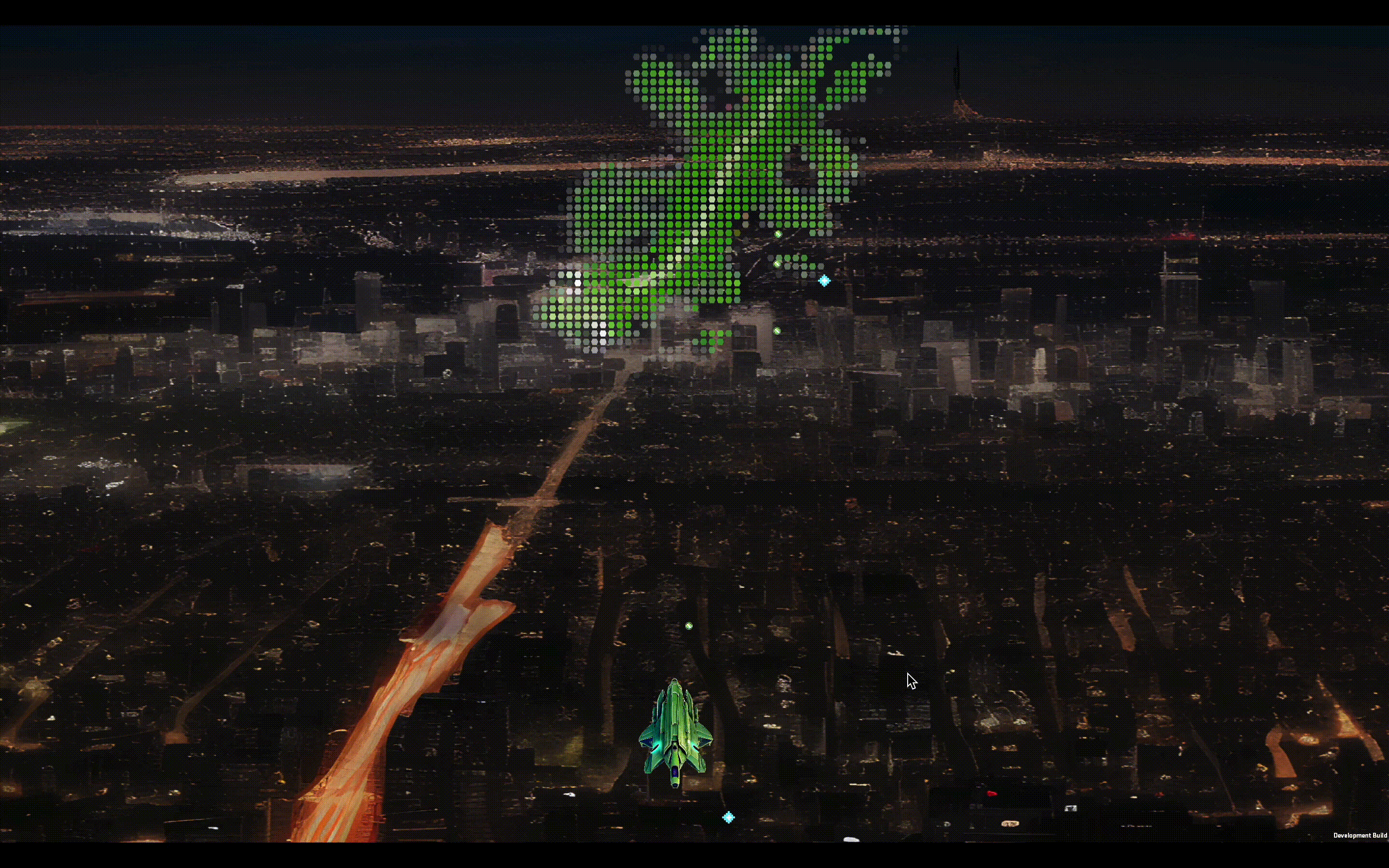
While there have been some variations depending on genre or “character type”, we find that most games converge to a similar representation of “life” within their mechanics. Neural Cellular Automata, being from the same family of concepts as Conway’s Game of Life (one of the first zero-player games), represent a way to more fully express life within video game settings and innovate new game mechanics or gameplay loops.
Artificial Death and Inter-Generational Information Transmission
Death goes hand-in-hand with mortal life, and in many cultures and conceptions is defined by it. In order to understand artificial life, then, we must understand artificial death and its implications. First and foremost worth considering are the effects of death on the collective. Sharing stories about danger and death is fundamental to many cultures, and indeed promotes survival and exploration in future generations. This conceptual foundation allows us to explore the legacy of an agent and its enduring effects on the collective once it is gone.
Cognitive Studies of Incident Response
Incident response in online software environments is an excellent example of system expertise and adaptive capacity applied to complex, dynamic environments. By studying how responders prepare, adapt, and reflect, we can tease out patterns and more universal principles. This is extended when considering responders as a system themselves, comprising not just human agents but also tools, automation, artificial intelligence, and other digital technologies. Such considerations can also be expanded from collaboration across agents to collaboration across time and across abstraction layers.
Technical Leadership & Capabilities
My work spans the intersection of research and engineering, combining deep technical expertise with practical implementation experience. I have designed and built critical infrastructure systems at scale (Adobe, Microsoft Azure), led incident analysis and reliability engineering initiatives across Fortune 500 companies, and developed novel computational methodologies through academic research.
Core Competencies:
- Systems Engineering: Large-scale infrastructure design, disaster recovery systems, automation platforms
- Site Reliability Engineering: Incident command, pattern analysis, resiliency engineering, human factors
- Complex Systems Modeling: Multi-agent systems, cellular automata, network dynamics, emergent behavior analysis
- Machine Learning & AI: Reservoir computing, neural networks, time-series prediction, bio-inspired algorithms
- Data Engineering: Pipeline design, distributed systems, statistical modeling, performance optimization
- Technical Leadership: Team strategy, process improvement, training development, cross-functional collaboration
Industry Impact:
- Designed and owned key disaster recovery systems supporting enterprise-scale operations
- Led world-class incident retrospective programs and reliability improvements across cloud platforms
- Developed innovative approaches to learning from complex system failures through pattern analysis
- Taught graduate-level data engineering and presented research at premier conferences (SREcon, ALIFE)
Research Translation: I bridge theoretical insights with practical applications, translating research in collective intelligence, artificial life, and complex systems into actionable engineering solutions for reliability, automation, and adaptive system design.
Recent News
October ‘25: I presented a poster on my swarm reservoir computing research at ALIFE 2025. This is the core of a future journal article (currently in review).
September ‘25: Welcomed our newest family member! Family continues to be the foundation that makes all other work possible and meaningful.
March ‘25: Visited Austin, Texas for the first time for an Indeed all-site gathering with my work team. Great to connect with colleagues in person and see a new part of the US including corporate HQ.
Rest of ‘24: I received an ALIFE Future Talent Fellowship, and therefore I focused intensely on developing novel computational approaches using collective behavior systems. This research year involved deep technical development and implementation work and left little time for conference talks, blog posts, international travel, or anything else really.
Spring ‘24: Continuing to develop proficiency in Japanese while living in Tokyo, and achieved intermediate (B1) level French through intensive study including a month-long program in Tours, France. I now maintain various fluency levels across four languages, supporting both research collaboration and international work. I should deepen them further before adding Latin, probably…

